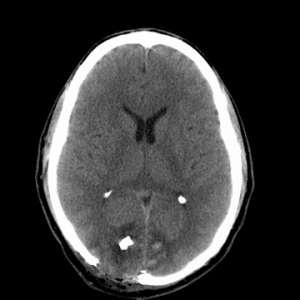The horrific attack on Congresswoman Gabrielle Giffords has brought the issue of Traumatic Brain Injury to the forefront of the national conversation in the last week. The miraculous strides in Giffords’ recovery illustrate the unique nature of brain injuries. What has yet to be mentioned is the likelihood of her medical care exceeding $1 million.
Our Fort Myers accident attorneys understand the complex nature of catastrophic injuries, which can include a Traumatic Brain Injury, spinal cord injury, loss of a limb, loss of eyesight or severe burns. When it comes to Traumatic Brain Injury (or TBI), no two cases are alike.

And such injuries are far more common than many people think. The Centers for Disease Control and Prevention reports about 1.7 million people suffer a Traumatic Brain Injury each year. Of those, about 52,000 will die and 275,000 will be hospitalized. More than 1.3 million will be treated and released from hospital emergency rooms.
In fact, TBI contributes to nearly one-third of all injury-related deaths in the United States. Children ages 15 to 19 years old and adults over the age of 65 are most likely to sustain a Traumatic Brain Injury.
Leading causes of TBI:
-Falls (35.2 percent)
-Motor Vehicle Accidents (17.3 percent)
-Struck by object (16.5 percent)
-Assault (10 percent)
The Injury Control Research Center estimates the cost of care for someone with a moderate or severe head injury is $1 million to $3 million.
A recent article in The New York Times illustrates a woman’s experience with increasingly debilitating symptoms for weeks after suffering a fall. When she finally went to the doctor, she was rushed to the hospital for emergency surgery to relieve pressure caused by bleeding in the brain.
When a victim suffers a blow to the head, a thorough medical evaluation should be conducted. TBI can range from a concussion to a penetrating head wound. All can have serious, even life-threatening, consequences. From a legal standpoint, it is important for your attorney to understand the potential consequences of your injuries, and the long-term medical implications. Head injuries frequently result in some form of long-term impairment.
Failure to fully address those consequences, and the resulting long-term medical expenses and/or impact on your ability to earn a living, can result in a financial settlement that is inadequate.
 Florida Injury Lawyer Blog
Florida Injury Lawyer Blog





